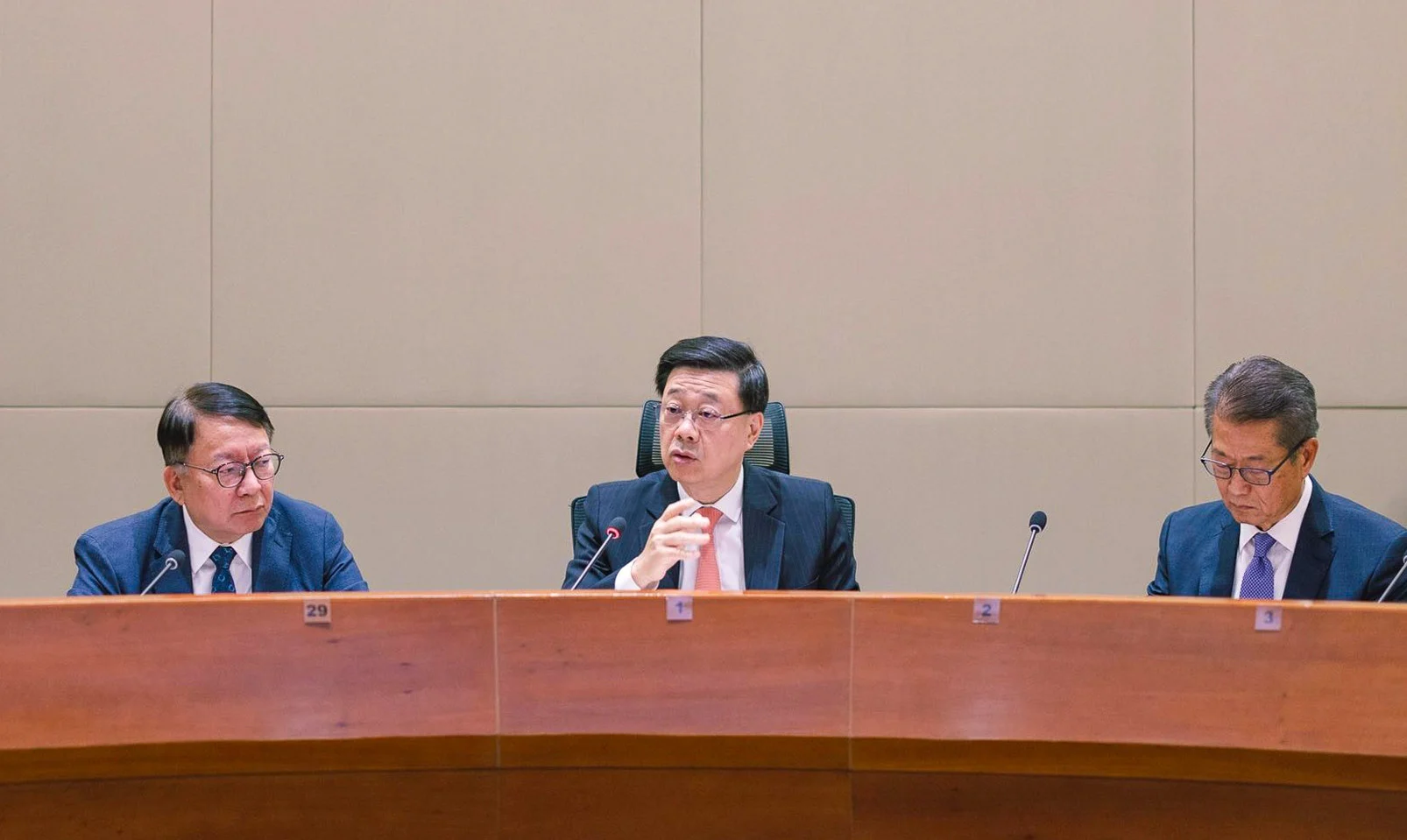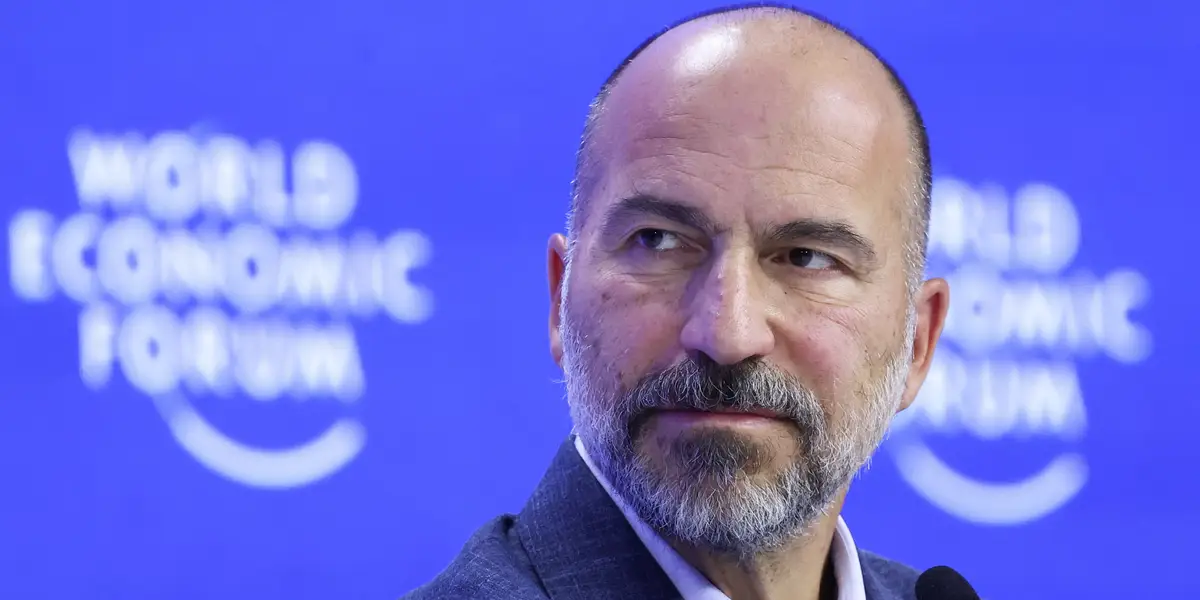Copyright scmp

Hong Kong should identify its “advantageous positioning” within the national development blueprint and proactively reform and adapt to changes, Chief Executive John Lee Ka-chiu has said. The city leader also said the 15th five-year period from 2026 to 2030, as outlined in the national blueprint, was a “new stage” for implementing the “one country, two systems” governing principle, and “crucial” for Hong Kong to realise its transformation from stability to prosperity. Lee’s remarks on Monday follow a high-level meeting with top officials that he chaired to study the “spirit” of the fourth plenum of the Communist Party’s Central Committee. The fourth plenum concluded on Thursday, with its core agenda centred on formulating the country’s 15th five-year plan for guiding development for the period. In the communique concluding the plenum, the committee spoke about fostering the long-term prosperity and stability of Hong Kong and Macau, advancing the peaceful development of relations across the Taiwan Strait and the cause of national reunification. Lee said in a social media post after the meeting, attended by the city’s top three principal officials and ministers, that the plenum was of great significance, while Chinese President Xi Jinping’s work report and speech set clear instructions for advancing various tasks. “Studying and implementing the plenum’s spirit is a major political task, amid complex changes in development, with opportunities and risks coexisting, and heightening uncertainties,” Lee said. “[Hong Kong] has to identify its advantageous positioning within the national development blueprint, proactively reform, recognise and adapt to changes, unify our strengths and forge ahead with bold actions.” Lee added that Hong Kong should continue to leverage its unique strengths under the “one country, two systems” framework to fulfil the city’s responsibilities, seize opportunities, and make contributions during the coming five-year plan period. The current 14th five-year plan for 2021-25 outlined support for Hong Kong’s “eight centres” strategy, including reinforcing its role as an international financial, innovation and technology, trade and shipping centre, as well as an aviation hub. It also positioned Hong Kong as an East-meets-West centre for international cultural exchange, a regional centre for international legal and dispute resolution services and intellectual property trading. The blueprint emphasised Hong Kong’s integration into national development, the advancement of the Greater Bay Area, and the expansion of economic, trade and innovation cooperation with mainland China. Looking back on the past five years, the city’s leader lauded Hong Kong’s accomplishment in overcoming challenges and deepening reform. “With the central government’s vigorous support, and the efforts of the current administration and residents, Hong Kong saw sustained economic and livelihood improvements during the 14th five-year plan period, with multiple international rankings rising,” Lee said. Professor Huang Yiping, dean of the National School of Development at Peking University, said on Monday that the city could look into becoming a “bigger centre for research and development” given its open society and advanced activities in the field. “It can play a much bigger role in advancing the Chinese research world, Chinese innovation. So I think there are lots of opportunities to play out for Hong Kong,” he said during an online webinar held by the Centre on Contemporary China and the World at the University of Hong Kong (HKU). He added that the city was “unique” in China, given its status as an international financial centre and a gateway between the mainland and overseas. He highlighted that international finance could play a bigger role in supporting mainland innovation companies, which was “a bigger part of the story in the coming decades”. Huang said finance was the tool for China to achieve policy objectives in the 15th five-year plan, such as advanced manufacturing and rebalancing of the domestic economy. Brian Wong, a fellow at the HKU centre, said the city could generate much potential value by attracting more leading “multilateral” institutions, such as the United Nations and World Trade Organization, to Hong Kong as their Asian headquarters. He added that this move could be the “first step to ameliorate the misconceptions of China in a medium to long run” and act as the city’s “global governance contribution” towards the country.



